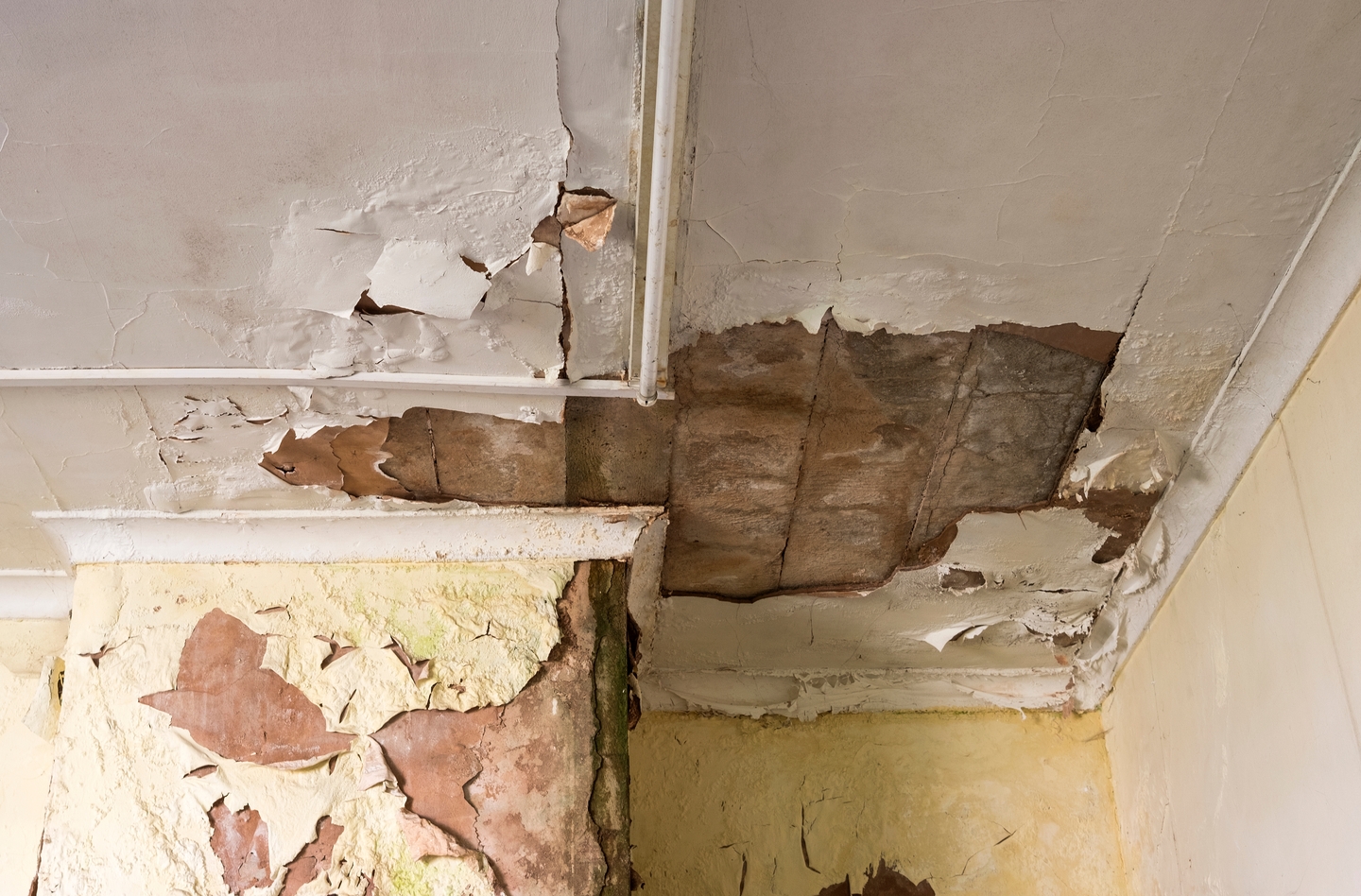
Water damage can be a homeowner's worst nightmare. Whether it's from a burst pipe, a leaky roof, or a natural disaster, water can wreak havoc on your property if not properly addressed. In this essential guide, we will explore the importance of water damage inspection and how you can protect your property from potential water-related issues.
Why Water Damage Inspection is Important
Water damage can cause significant harm to your property, leading to costly repairs and potential health hazards. By conducting regular water damage inspections, you can identify issues early on and prevent further damage. Here are some reasons why water damage inspection is essential:
Prevent Mold Growth
- Water damage can create a moist environment that is ideal for mold growth.
- Mold can be harmful to your health and difficult to remove once it spreads.
- Regular inspections can help catch water damage early and prevent mold growth.
Protect Structural Integrity
- Excess water can weaken the structural integrity of your property.
- Inspections can help identify water damage that may compromise the stability of your home.
- Addressing water damage promptly can help protect your property's structure.
Prevent Further Damage
- Unchecked water damage can lead to extensive repairs and costly restoration work.
- Regular inspections can help identify and address water damage before it escalates.
- Preventing further damage can save you time and money in the long run.
How to Conduct a Water Damage Inspection
Conducting a water damage inspection can help you identify issues early and take the necessary steps to protect your property. Here are some steps to follow when conducting a water damage inspection:
Check for Visible Signs of Water Damage
- Look for water stains on walls, ceilings, and floors.
- Check for peeling paint or wallpaper, as these can indicate water damage.
- Inspect for musty odors, which can be a sign of mold growth due to water damage.
Inspect Plumbing Fixtures and Appliances
- Check for leaks or drips under sinks and around toilets.
- Inspect appliances such as dishwashers, washing machines, and water heaters for signs of water damage.
- Look for rust or corrosion on plumbing fixtures, as these can indicate water leaks.
Examine the Exterior of Your Property
- Check for clogged gutters and downspouts, which can lead to water damage.
- Inspect the roof for missing or damaged shingles that may cause leaks.
- Look for cracks in the foundation or walls that can allow water to seep into your property.
When to Call a Professional
While conducting regular water damage inspections is important, there are times when it's best to call a professional for help. Here are some situations where you should consider contacting a water damage restoration company:
Severe Water Damage
- If you experience a major water leak or flood, immediate professional help is necessary.
- Severe water damage can pose safety risks and require specialized equipment for cleanup.
- A professional water damage restoration company can assess the damage and provide effective solutions.
Mold Growth
- If you discover mold growth in your property, it's crucial to call a professional for remediation.
- Mold can spread quickly and cause respiratory issues and other health problems.
- A certified mold remediation specialist can safely remove the mold and prevent it from returning.
Hidden Water Damage
- If you suspect hidden water damage behind walls or under flooring, a professional inspection is recommended.
- Hidden water damage can lead to structural issues and mold growth if not addressed promptly.
- A water damage restoration company can use specialized equipment to detect and repair hidden water damage.
Protecting Your Property from Water Damage
Prevention is key when it comes to protecting your property from water damage. Here are some tips to help safeguard your property:
Maintain Your Plumbing System
- Regularly inspect your plumbing fixtures for leaks and drips.
- Have your plumbing system professionally inspected and maintained annually.
- Replace old or worn-out plumbing fixtures to prevent water damage.
Keep Your Roof in Good Condition
- Inspect your roof for damage and missing shingles on a regular basis.
- Clean out gutters and downspouts to prevent water buildup and damage.
- Address any roof repairs promptly to prevent leaks and water damage.
Ensure Proper Drainage
- Ensure that your property has proper drainage to prevent water from pooling near the foundation.
- Install a sump pump in basements or crawl spaces to prevent flooding.
- Grade your yard away from the foundation to direct water flow away from your property.
Conclusion
Water damage inspection is a crucial part of maintaining your property and protecting it from costly damage. By conducting regular inspections and taking proactive measures to prevent water damage, you can safeguard your property and ensure its longevity. Remember, when in doubt, always seek the help of a professional water damage restoration company to address any water-related issues.
